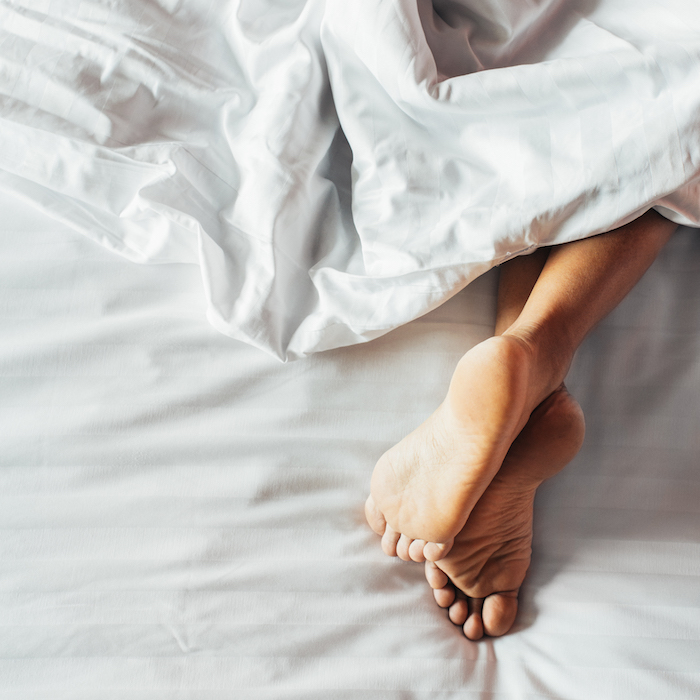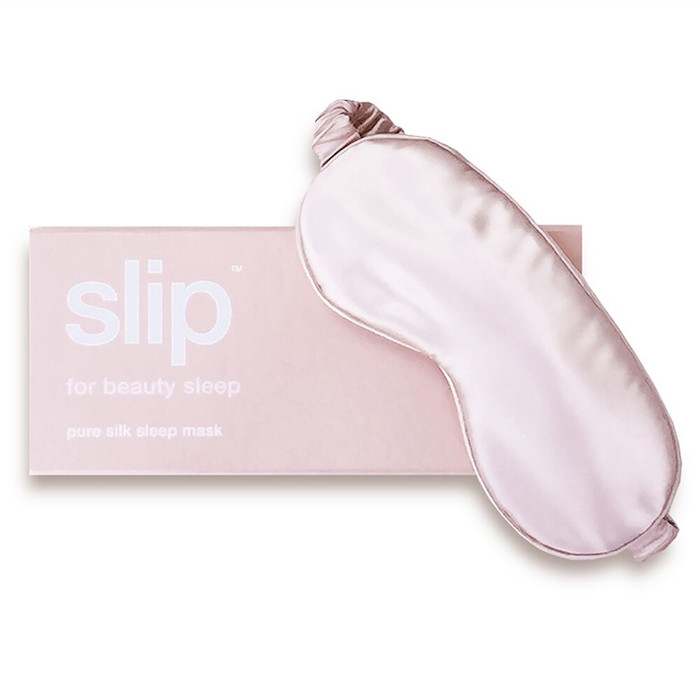The Truth About Napping and a Bad Night's Sleep, According to a Sleep Expert


If napping was an Olympic sport, I'm pretty confident that I would have as many gold medals as Michael Phelps. In fact, I consider it a special talent the way I can drift off to sleep at any time of day, only to wake up and get back to being a productive adult human. In short, I love naps; they are dear to my heart.
Ironically, though, I've always tried my best to avoid them because I thought they were detrimental to my nightly rest, energy levels, and more. I've heard it a thousand times, "Don't take a nap during the day because it will keep you awake at night or make you more tired during the day." According to Forbes, these are pure and utter myths. In fact, napping can actually benefit your mental and physical health. So, fellow nappers, keep scrolling to learn more about the science behind sleep.

"While sleeping too much during a midday nap may be harmful to the natural circadian rhythm, 20 to 30 minutes of napping during the day will actually improve overall function throughout the day and even give you an evening boost, while not generally having any negative effects on how we sleep at night,” Benjamin Smarr, PhD, a sleep research expert and National Institutes of Health postdoctoral research fellow at the University of California, Berkeley told Forbes. “A good nap is not a long interruption in the day, but a brief moment of respite, where we’re able to recharge. This actually improves our overall activity throughout the day and makes us productive for longer periods of time; it’s the smart move. And if we use that extra energy, we’re still left tired enough to get a full night’s sleep." So as long as we don't excessively surpass the 20- to 30-minute mark, napping is actually good for us. In fact, it might even be a natural part of our natural circadian rhythm, despite what we've heard. "A midday nap is a completely natural part of the circadian sleep/wake profile for humans," Smarr said. "Most countries around the world enjoy some variety of siesta, 'pausa pranzo' and other downtime-focused portions of the day. There’s a small number of really robust studies that show napping is a completely natural part of the human condition."Research says that these types of short naps won't necessarily result in afternoon sluggishness or sleepiness, either. They've actually been shown to improve cognitive functioning and alertness, meaning taking a midday nap could increase your afternoon productivity. (As long as we don't nap too long, that is). What great news for me and all my fellow nappers.
Head over to Forbes to read the full article. Then, read about what you should do each morning to get a better night's sleep.
Disclaimer
This article is provided for informational purposes only and is not intended to be used in the place of advice of your physician or other medical professionals. You should always consult with your doctor or healthcare provider first with any health-related questions.

Kaitlyn McLintock is a Beauty Editor at Who What Wear. She has 10 years of experience in the editorial industry, having previously written for other industry-leading publications, like Byrdie, InStyle, The Zoe Report, Bustle, and others. She covers all things beauty and wellness-related, but she has a special passion for creating skincare content (whether that's writing about an innovative in-office treatment, researching the benefits of a certain ingredient, or testing the latest and greatest at-home skin device). Having lived in Los Angeles, California, and Austin, Texas, she has since relocated back to her home state, Michigan. When she's not writing, researching, or testing beauty products, she's working through an ever-growing book collection or swimming in the Great Lakes.
-
 Ava Phillippe on Her "Fantasy" Brunette Era and the $12 Lip Stain She Bought After Billie Eilish
Ava Phillippe on Her "Fantasy" Brunette Era and the $12 Lip Stain She Bought After Billie EilishRead our Unfiltered chat.
By Jamie Schneider
-
 I'm an NYC-Based Shopping Editor, and I Always Shop My Favorite Emerging Brands at This One Cool Retailer—See My Picks
I'm an NYC-Based Shopping Editor, and I Always Shop My Favorite Emerging Brands at This One Cool Retailer—See My Picks"It's pronounced essence."
By Audry Hiaoui